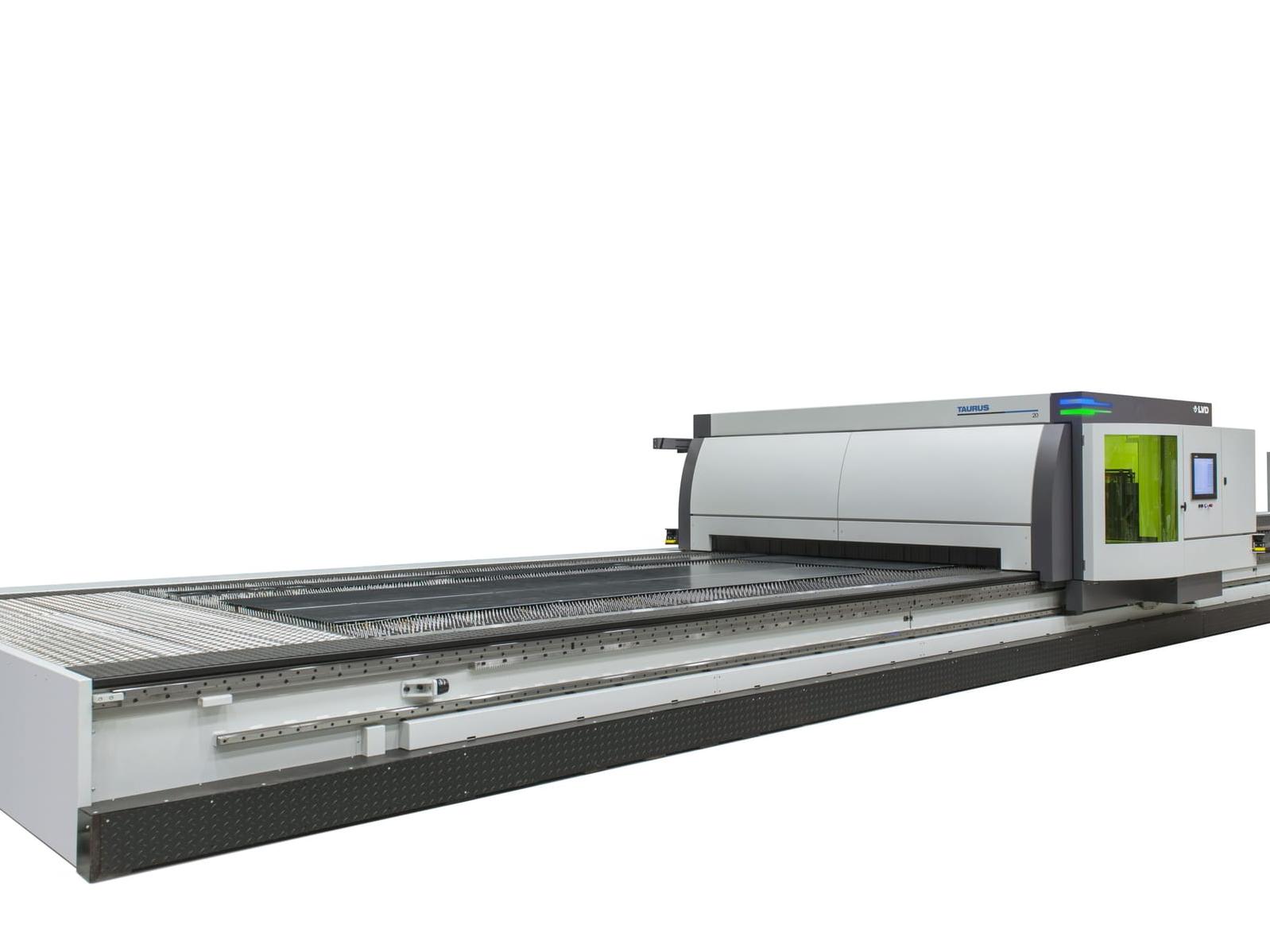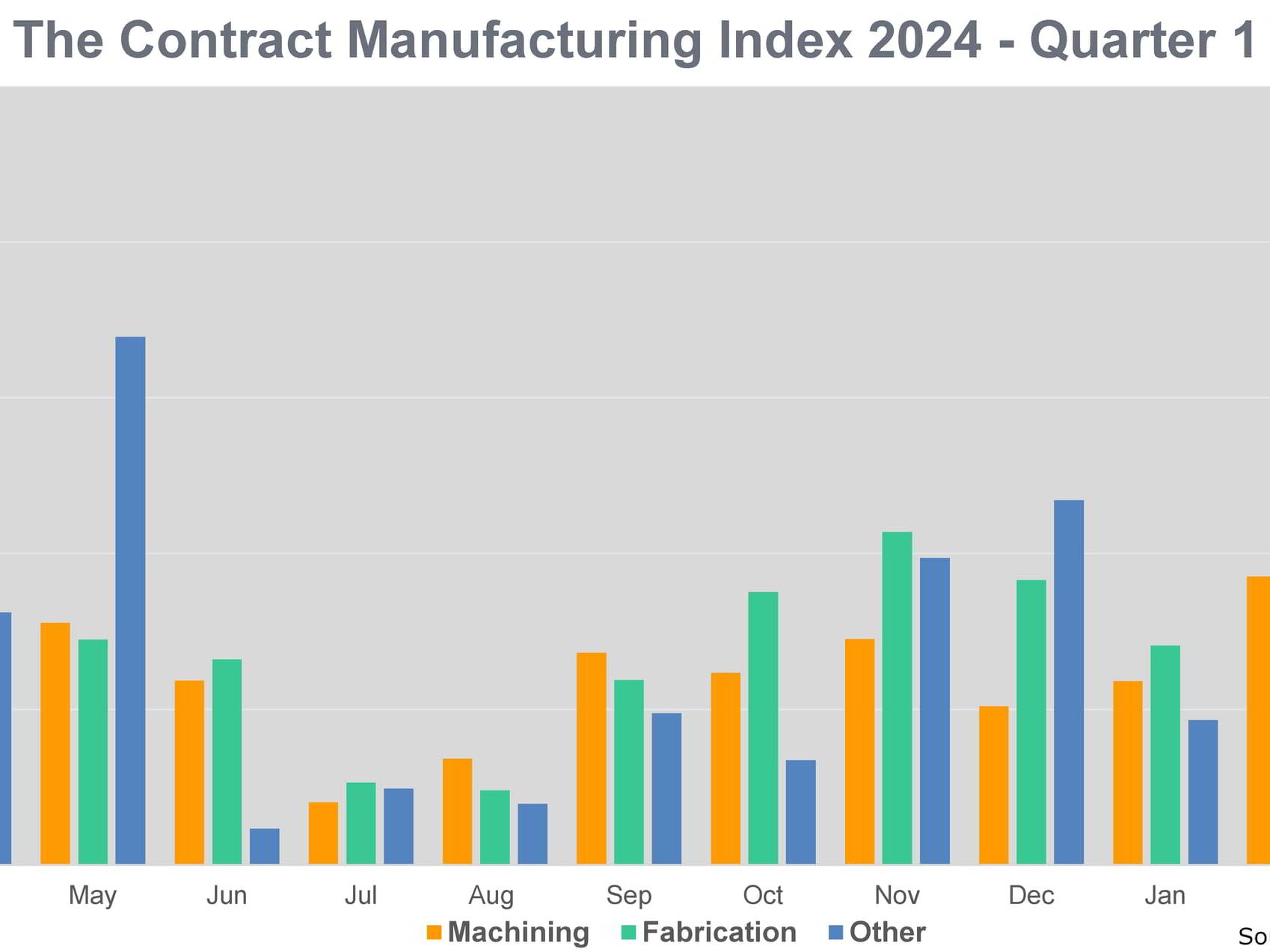Informed choices
Flame Hardeners offers a number of services including surface hardening and tempering, hardness testing and MPI.
Sheffield-based Flame Hardeners offers a number of services including surface hardening and tempering, hardness testing and MPI (Magnetic Particle Inspection) of engineering components in suitable materials using both flame hardening and induction hardening techniques with metallographic examination and hardness gradient reporting.
The company also carries a full range of equipment to adequately handle most engineering components and can design and manufacture bespoke tooling and equipment for specific applications.
Surface Hardening is a process whereby the metallic structure in the outer layer of a component is changed by heating and quenching to improve properties in only a selected area of the component. Examples include: the bearing track in a bearing element; the gear tooth on a gear; the slideway surface on a guideway; or the cam track area of a cam. It is neither a coating process nor a finishing process as it does not add any further elements to the material or lay on different materials.
The process is highly energy efficient, since heat is applied only to those areas requiring improved properties and not to the whole bulk of the component. Many engineering components can fulfil their desired functions satisfactorily without particularly high core strength in the material providing that the surface under load is adequate.
Examples of such components include steel wheels on railway rolling stock or on pleasure park and fairground rides. The process is also highly regarded in the mining and quarrying industries, where abrasive materials in the working environment cause excessive wear.
The necessary heating of components is obtained by either electromagnetic induction techniques or directly applied high intensity flames – the technique being to heat the required area as quickly as possible. Irrespective of the method of heat application selected, the technique is a machine operation requiring careful control of the temperature range and duration of application, and also of the rate of quenching.
Among the many advantages of the process are that it is highly energy efficient and that it can produce considerably less distortion than conventional heat treatment processes using readily available steels. If correct procedures are followed, induction and flame hardening probably offers the lowest level of distortion of all the available range of heat treatment processes.
Components which could distort – such as slender shafts or starter rings – should be stress relieved prior to hardening. The hardening operation should be included as early as possible in the production sequence on all components.
When designing any component the specification of a hardened case and either a soft or a hardened and tempered core under the case should be adequate for the desired life and operational loads of the component. The material chosen for manufacture should be one that will respond to the direct hardening process and will withstand rapid heating and quenching and high rates of volume change. The practical aspect of the metallurgical history of the component and the geometry of the component must also be considered.
The actual stage of the hardening operation in the production cycle is critical and can often assist with the reduction of distortion. A typical example is the lightening of gear wheels by machining material from behind the gear teeth. Such operations should always be left until after the hardening process.
Flame Hardeners advises that when choosing a surface hardening supplier, you should look for a company that can offer both technical support and production capability. The company should employ engineers and technicians that are well versed in the production of engineering components, with a sound knowledge of materials, metallurgy and material testing techniques.
Such a combination of skills will provide you with the necessary advice on your choice of treatments and materials, together with an assessment of the likely advantages and disadvantages of your intentions. When designs have been finalised the same skills will provide you with assurance that your products are satisfactory, as technicians involved with treatment will control repeatability and testing functions, such as hardness testing and NDT examinations.
Flame Hardeners
www.flamehardeners.co.uk














